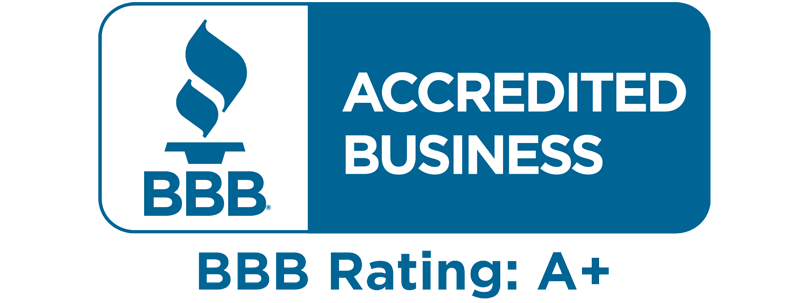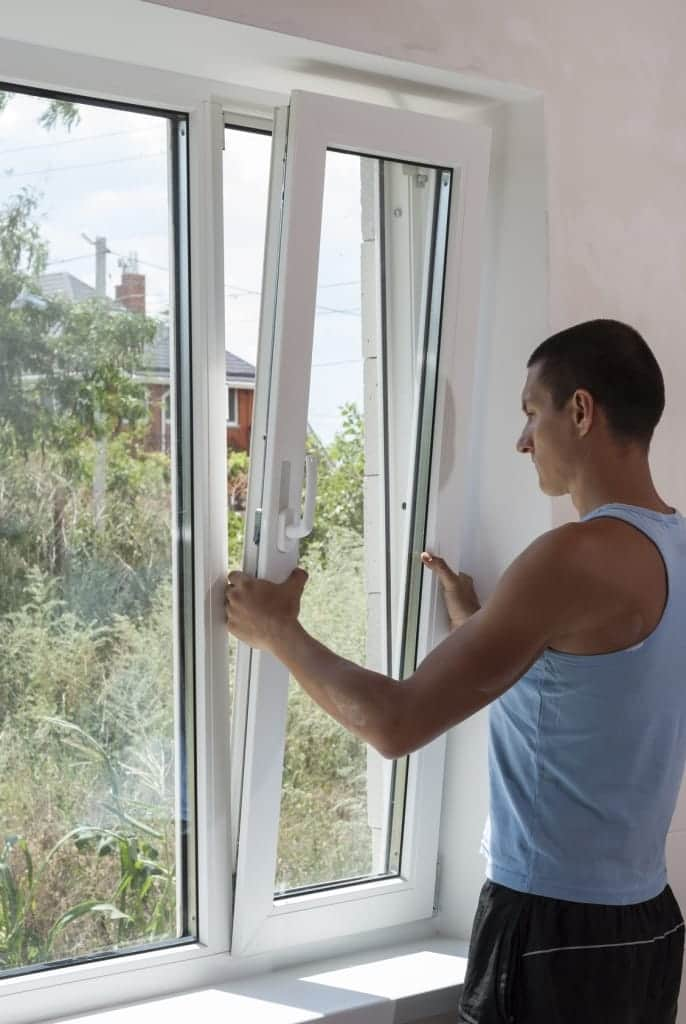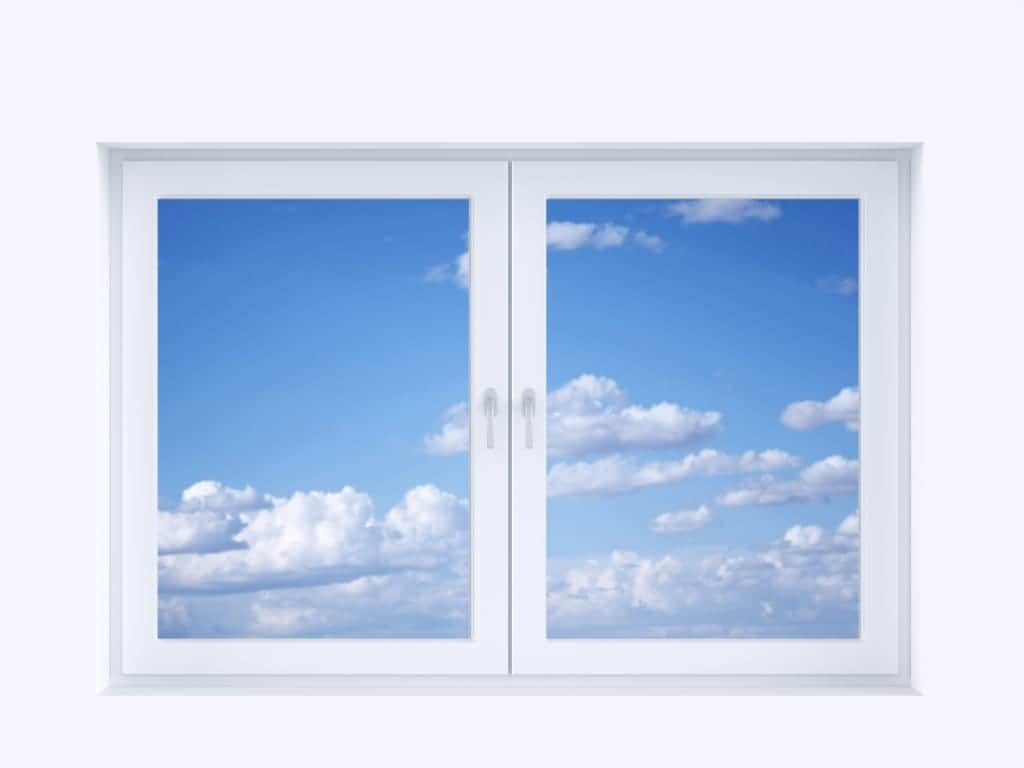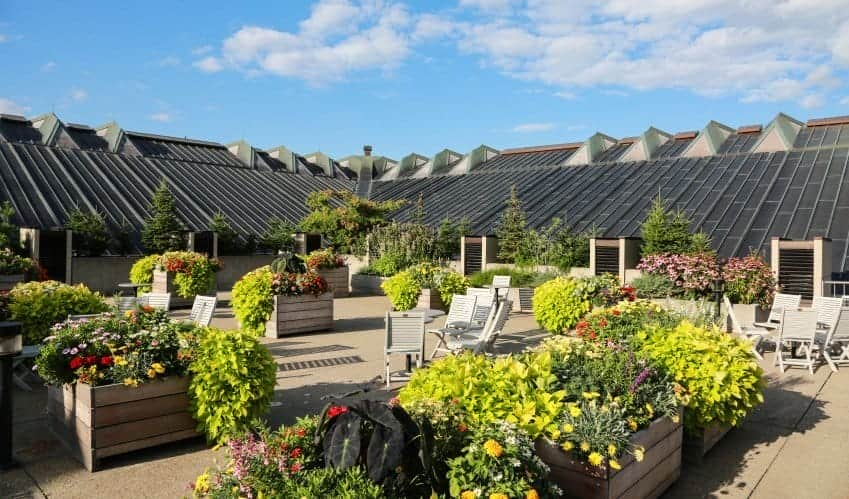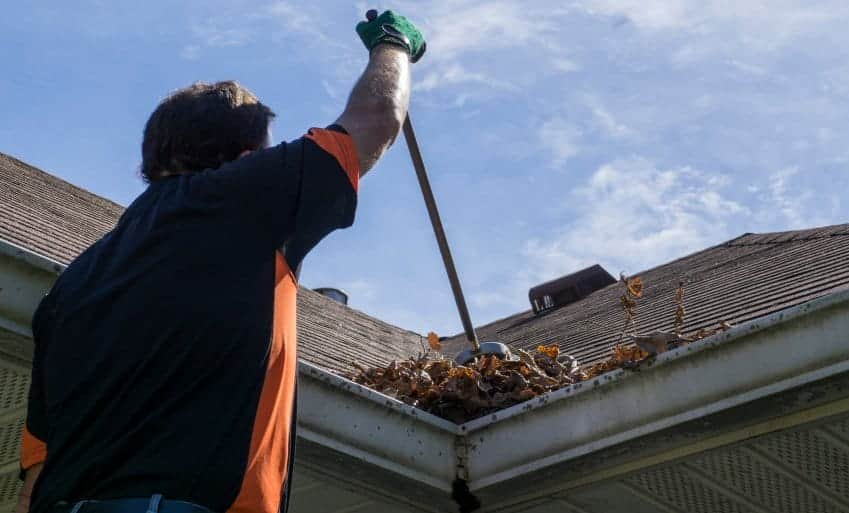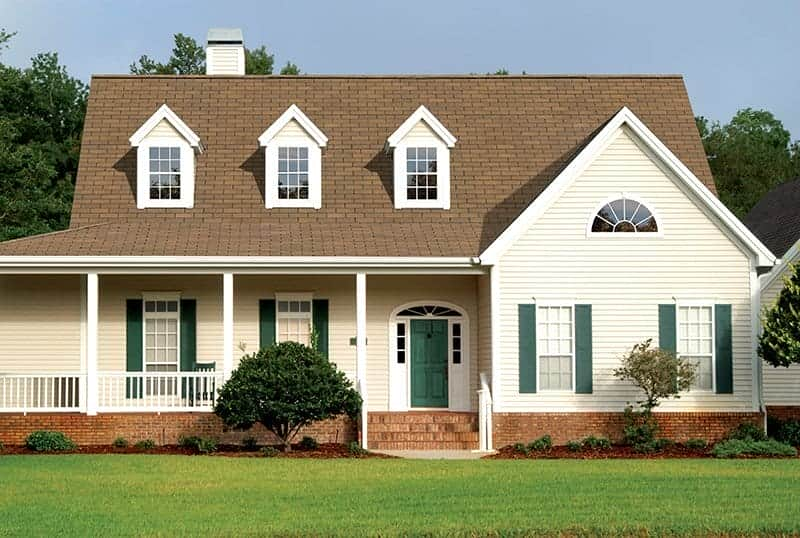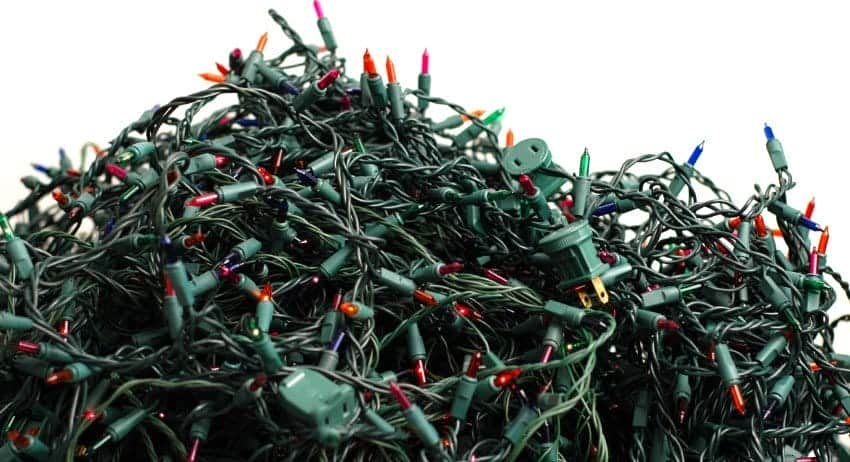The Effects of Unpredictable Weather on Energy Bills
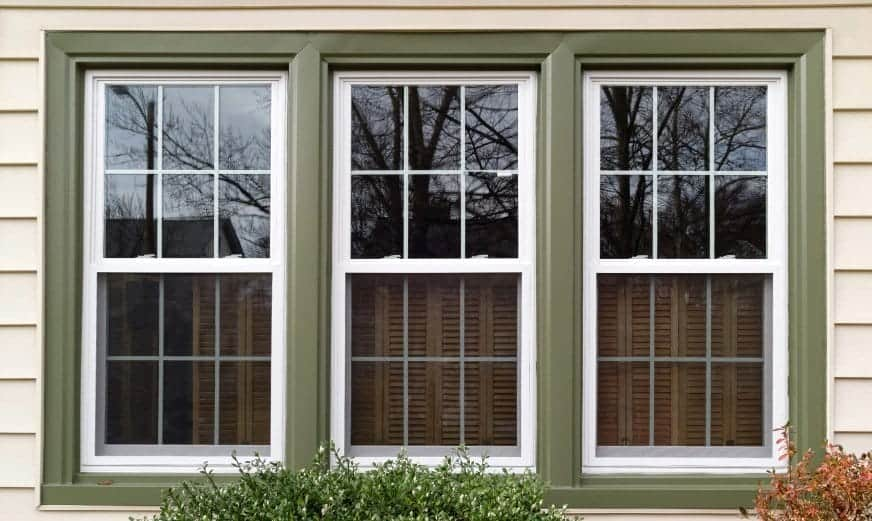
 You may be going along just fine with your energy bills until BAM – unexpected weather hits and your consumption of AC and heat goes through the roof. Unfortunately, your monthly bills go up too. Weather it’s a run of sub-zero temperatures at the end of winter or a week of nearly 100 degrees at the peak of summer, hitting those extremes definitely taxes the capacity of your heating and cooling systems.
You may be going along just fine with your energy bills until BAM – unexpected weather hits and your consumption of AC and heat goes through the roof. Unfortunately, your monthly bills go up too. Weather it’s a run of sub-zero temperatures at the end of winter or a week of nearly 100 degrees at the peak of summer, hitting those extremes definitely taxes the capacity of your heating and cooling systems.
That’s because most systems hit their peak capacity and efficiency when temps exceed 100 degrees or below 40 degrees. They don’t work nearly as efficiently and so they have to work harder in order to keep up the desired comfort level. So the bottom line: you’re using more electricity and getting less comfort. Lose-lose.
Most times of the year, we generally experience seasonal temps. We plan on being cold in the winter and hot in the summer. However, sometimes Mother Nature tests those boundaries and puts us well outside our comfort zone. There are many ways in which those dramatic temperature swings can affect your energy bill:
- Heating and cooling systems must run for longer periods of time, using up more energy.
- Just a few days of abnormal temperatures can be reflected in a higher bill.
- Heating and cooling systems work overtime to attain your comfort level, working harder yet not quite achieving the goal.
Tips to Avoid Surges in Your Bills
Check out these tips to help avoid those unexpected increases in your energy bills, or at least soften the blow.
- Have your HVAC equipment tuned up at least once a year and keep up with repairs and maintenance in order to extend the life span of your units and keep them working efficiently.
- Replacing your old heating and cooling equipment with Energy Star units can slash your annual energy bill by more than $115, according to gov.
- Portable and strip heaters suck up the highest amount of energy. They’re also at a higher risk for starting a fire if left unattended, so go with main sources of heat or your fireplace instead.
- Change your air filters on a regular basis – usually every three months or so. This will help your unit work more efficiently.
- Put in a programmable or smart thermostat so you can control the temperature of your home’s interior while away. This can save you about $180 per year on energy costs.
- Seal your heating and cooling ducts in attics, crawlspaces, basements and garages to improve efficiency by 20 percent or more.
Following these tips will help you avoid those surges in your bill that can really throw you for a loop when the weather’s acting crazy – especially if you’re on a tight monthly budget.

